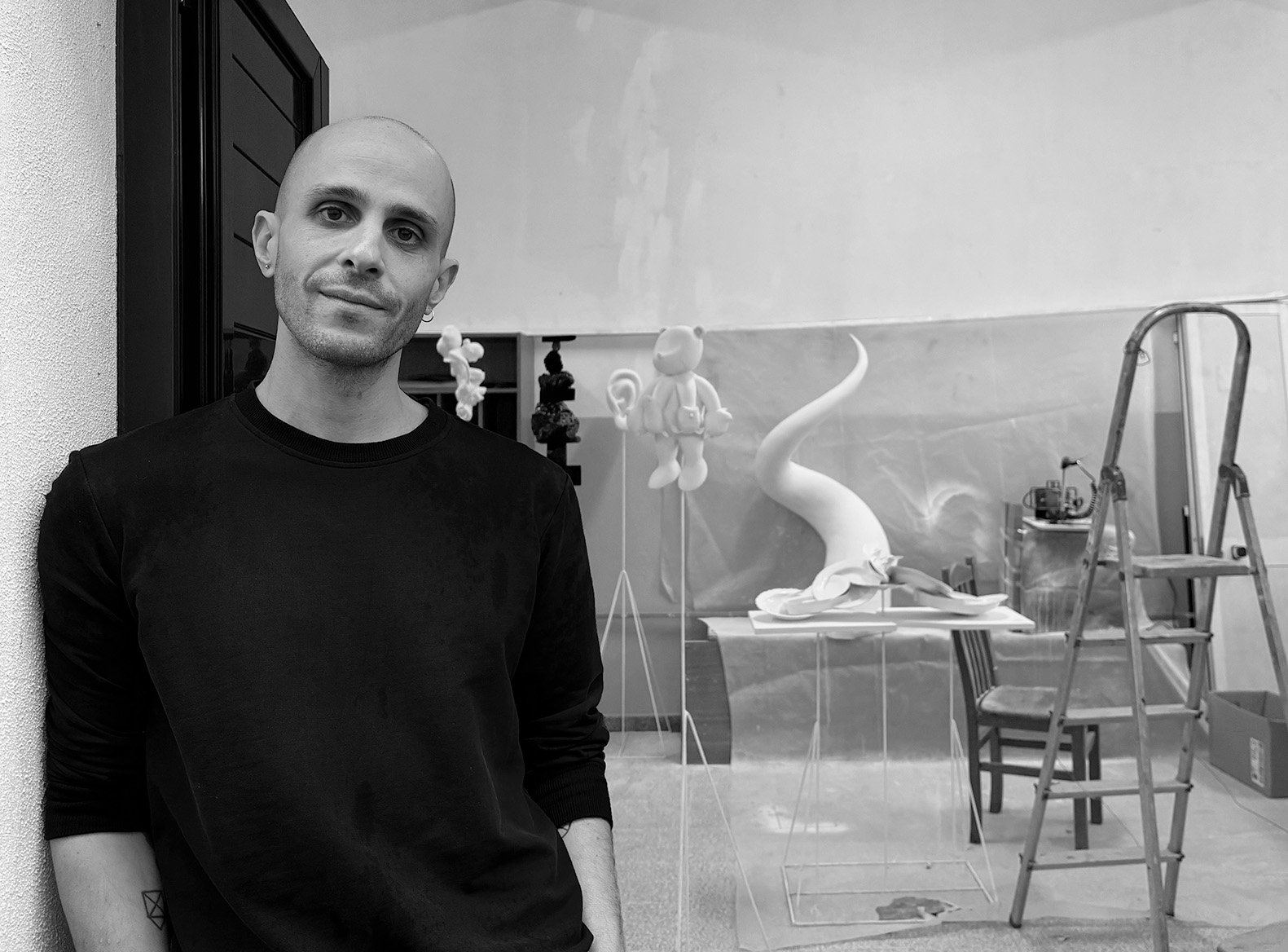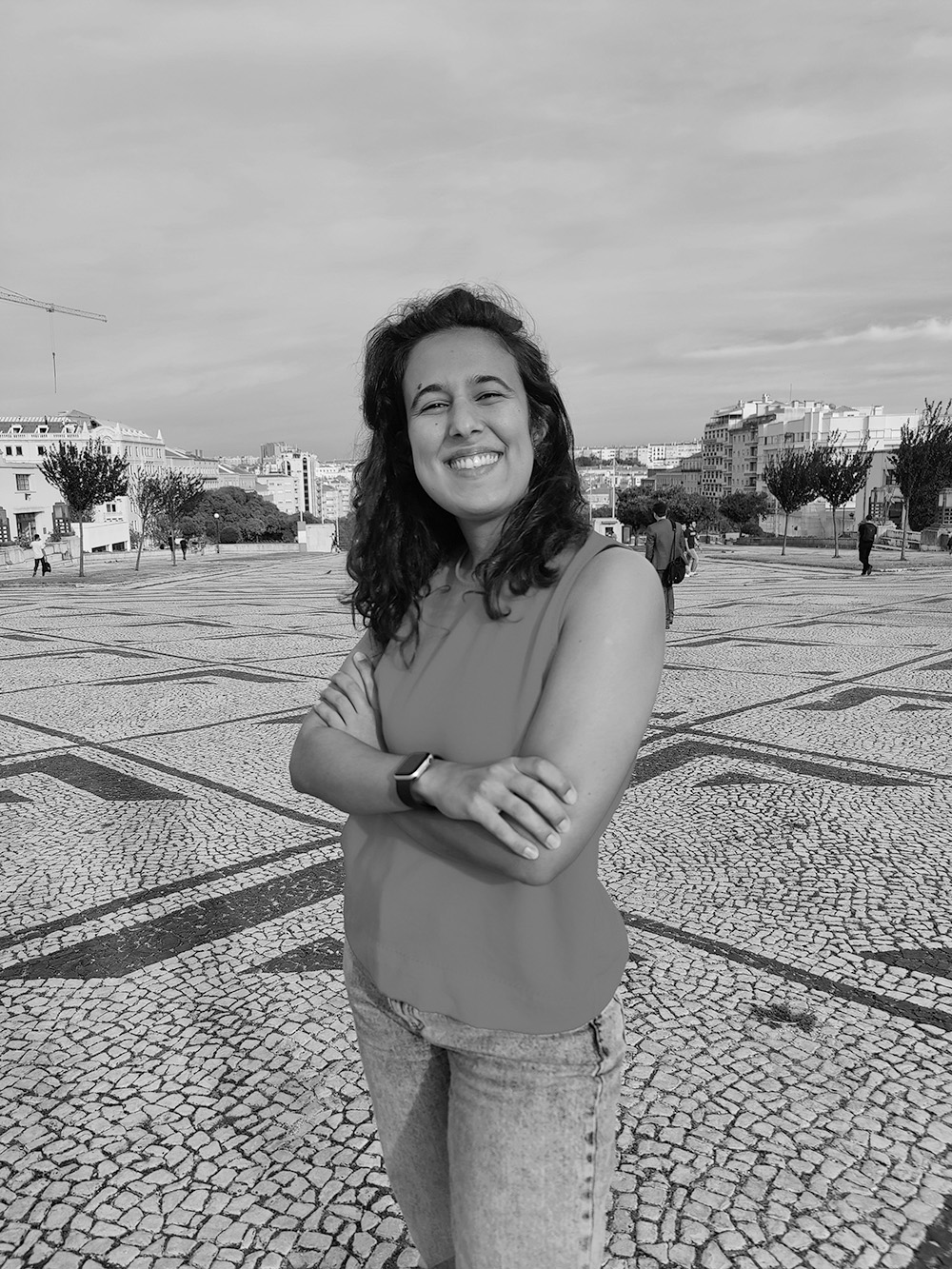Wednesday
Nestor Pestana + Filipa Correia
The relationships between the human and the artificial
Free admission
Session in portuguese
Moderation: Liliana Coutinho
How can we reflect on and create forms of collaboration between humans and machines, between human intelligence and artificial intelligence? How do we build relationships that take into account emotion as one of the fundamental aspects of experience? How can we grasp the singularity of both the human and of the machine? These are the questions that will open the conversation between Filipa Correia, a researcher at the Interactive Technologies Institute (LARSyS), whose research focuses on the intersection of robotics, computer science and social psychology, and Nestor Pestana, an artist, digital designer and educator, whose work bridges technology and environmental and human ecology.
Nestor Pestana
Nestor Pestana is a Venezuelan-Portuguese multimedia artist based in London, UK. He teaches at the Royal College of Art and the Bartlett School of Architecture and develops research-based artistic projects in collaboration with scientists and technologists. His interests include new and emerging technologies and their future social and technological implications.


Filipa Correia
Filipa Correia, is a Computer scientist with a PhD from the Instituto Superior Técnico (University of Lisbon) and a researcher at the Interactive Technologies Institute (LARSyS). Her multidisciplinary research tackles the intersection of robotics, computer science and social psychology (i.e. human-robot interaction), with a particular focus on group dynamics between humans and robots in collaborative scenarios.
The Conferences Programme of Biennial INDEX is supported by the European Digital Deal project.
This talk is supported by IF Export 2024 from the Institut Français, Paris, and the Mais França program from the Institut Français of Portugal.
